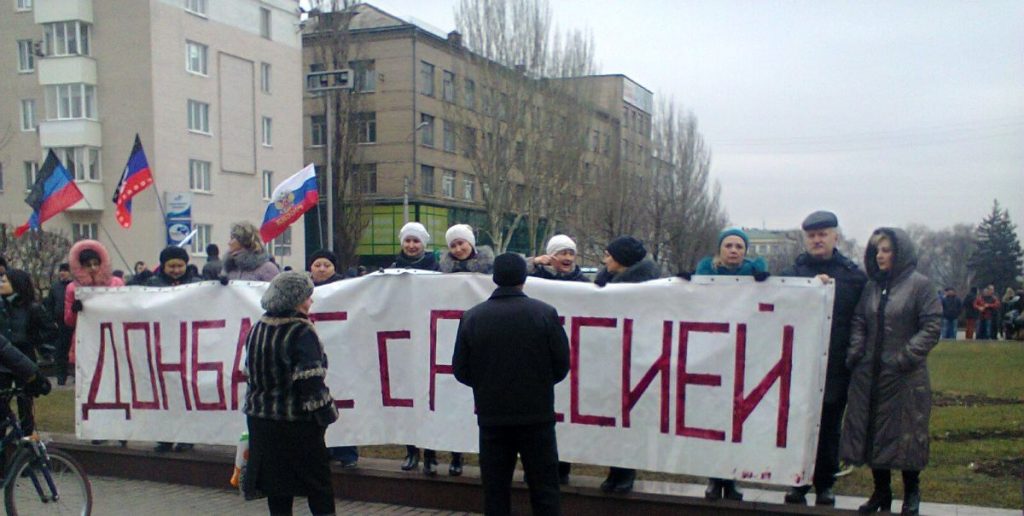Across Russia’s smaller cities, a series of low-level disturbances is beginning to surface.
Others are reading now
They are modest in scale but increasingly frequent, suggesting a shift in public sentiment.
As the war stretches into its fourth year, irritation and fatigue appear more visible in everyday life.
Growing tension
Officials continue to speak of unity and order, yet reporting from dialog.ua points to a different atmosphere.
Small protests have taken place in several regions, each revealing frustration that had remained beneath the surface.
In some towns, street musicians perform songs by artists classified as “foreign agents”.
Also read
Their actions signal support for the St. Petersburg group StopTime, which was penalised for music critical of President Vladimir Putin.
These performances serve as discreet acts of defiance that connect cultural expression with political dissent.
Unrest across regions
In Vladivostok, Novosibirsk and Kamchatka, residents protested tax increases on imported used Japanese cars.
Workers in Primorye staged strikes after their wages went unpaid, according to local coverage.
Other demonstrations targeted Max, a government-backed messaging app that authorities are promoting nationwide.
Also read
Crowds in multiple cities criticised the attempt to impose the platform on users.
Anti-war sentiment has also emerged. A picket in Perm against the conflict took place, something that had previously been rare in Russia’s public space.
War felt at home
In Kursk, residents demanded compensation for houses damaged during wartime activity.
Their complaints show that the impact of the conflict is reaching those far from combat areas.
Independent sociologists report rising war fatigue and a notable increase in pacifist attitudes.
Also read
Younger Russians in particular are drifting away from the state-controlled sovereign internet, seeking alternative platforms.
These developments indicate that social pressure is gradually building.
Returning to banned authors
Interest in restricted or discouraged writers has grown in several regions. People search for their books abroad or arrange to bring them back into the country.
Some readers choose to make these choices visible. In the metro, individuals have been seen holding the covers outward so others can recognise the titles.
Although these actions are not widespread, they suggest that the image of a unanimous society is weakening.
Also read
According to dialog.ua, this represents the most significant wave of dissatisfaction since the early stages of the war.
Sources: dialog.ua, LA.LV


